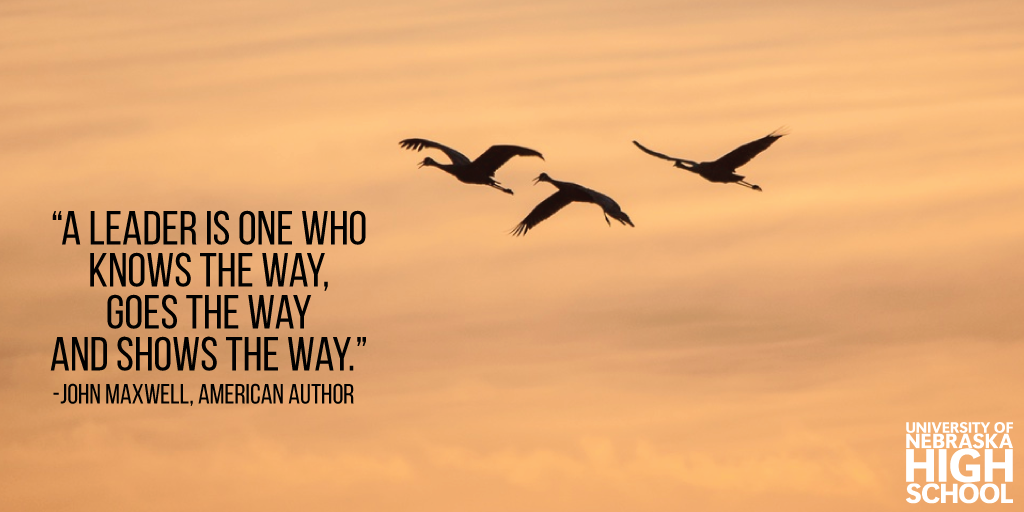
Every year, I have the most amazing journeys between mid-February and early April. I travel I-80 weekly and witness the wild migrating cranes, flocking to Nebraska. An estimated 90% of the world’s Sandhill cranes visit the Midwest along the Nebraska Platte River. They arrive during the heart of the winter months and huddle like a team to stay warm.
In mid-February, the skies are seasoned with gliding cranes, necks outstretched as they visualize the next habitual destination. Every year I watch them glide with alignment, flying in a V or J formation, using extended legs and wings for a gentle landing in the fields. Cranes rest, beef up, and gain energy while visiting Nebraska.
In the fields, cranes communicate with a chorus of many purposeful cries; moans, hissing, snoring and goose-like honks. They leap, run, and dance as they probe for food in the fields and river beds: rodents, snakes, snails, frogs, fish, insects, berries and plants. Twenty-nine days along the Platte adds about a pound of fat to help with the remaining migrations and initiate nesting.
In early April, the cranes leap up like small jets taking off in a cornfield runway. They continue their journey to find warmer weather. The crane leaders and the followers team together whether they are in the fields or skies.
While they are beautiful, I think they also demonstrate important lessons for leaders.
- Flock as leaders and followers.
- Be instinctive and visionary for basic and futuristic needs
- Communicate with purpose
- Be habitually goal oriented
- Choose resiliency and know how to survive the toughest of time
- Foster an environment for future generations flourish
There is always something we can learn from observing nature and its interesting inhabitants.
Take the time to slow down and discover what is out in the world beyond your screen—you may be surprised by the things you can learn.






